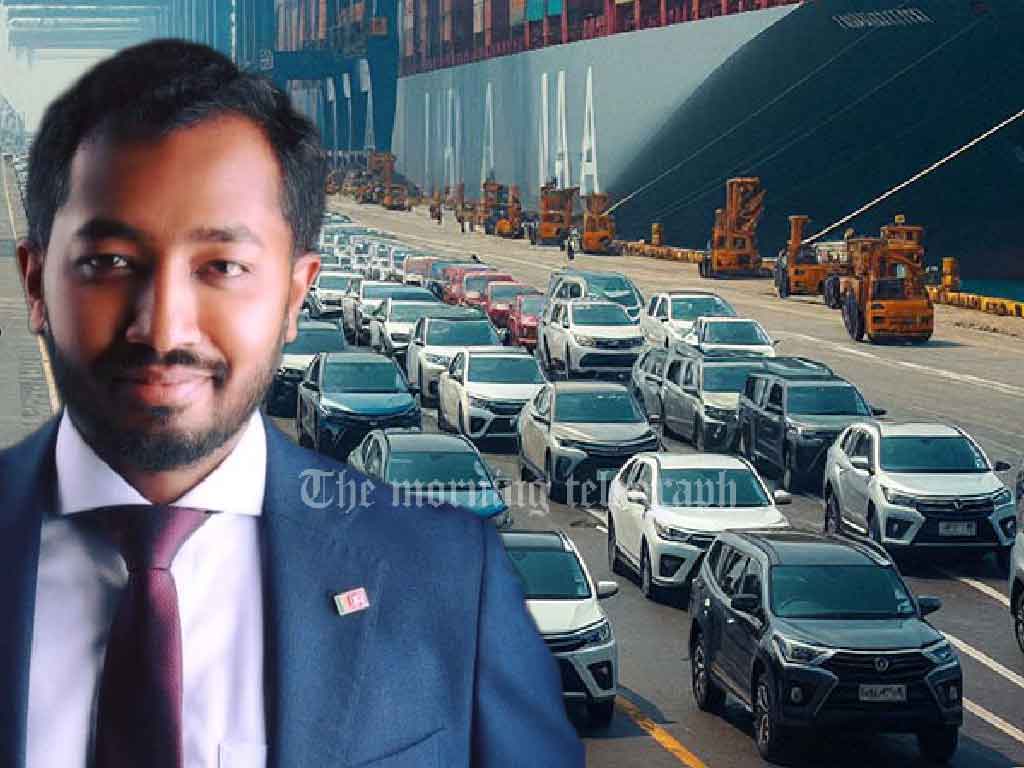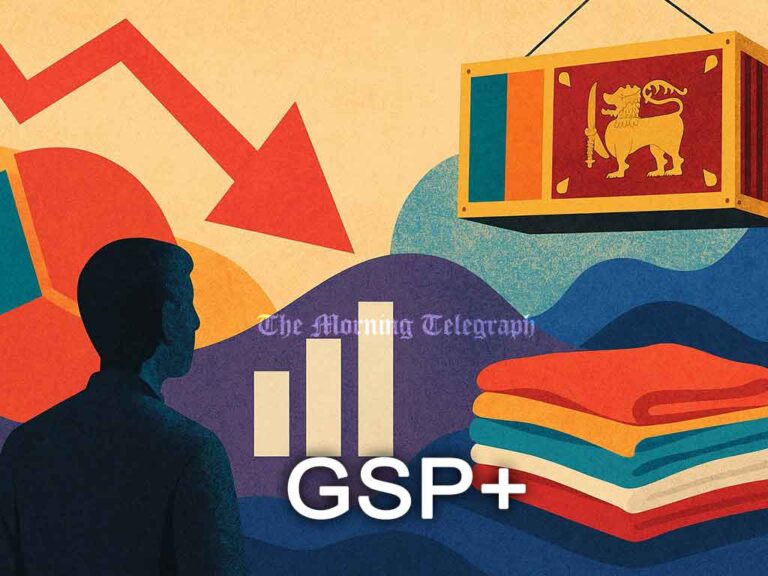
Long-time National People’s Power (NPP) activist and businessman Isuru Subasinghe has strongly criticized the government’s vehicle import policy, claiming it favors large-scale vehicle dealers rather than the ordinary people who voted for them.
Subasinghe, who contested the 2019 general election from Gampaha District but did not receive a nomination for the 2024 election, expressed his views in a Facebook post. He argued that the removal of vehicle import restrictions was done primarily to benefit vehicle importers who had financially backed the government, rather than to ease transportation issues for the common man.
“Ordinary Citizens Left Behind in Vehicle Tax Policy”
According to Subasinghe, the high tax rates imposed on vehicles make it nearly impossible for middle- and lower-income citizens to afford a vehicle. While luxury vehicles can still be imported with tax exemptions for those with financial power, no concessions have been introduced for small cars or minivans, which are essential for daily life.
“A common man doesn’t need a luxury car, but a basic vehicle to go to work, send his children to school safely, and take his elderly parents to the hospital,” he stated.
He questioned whether the government had explored alternative taxation models that would allow average citizens to purchase a vehicle affordably. He suggested that a separate tax structure for lightweight vehicles, similar to Japan’s kei car category, could have been introduced to promote affordability.
“If the Government Works for the People, Let It Prove It”
Subasinghe criticized the lack of policy direction and urged the government to show that it truly represents the people’s interests rather than the vehicle import industry.
“If you are blind, not everyone else is. If you were elected by the people, then prove that you are working for them,” he emphasized.
He further stated that while he supports progressive governance, he cannot endorse policies that only serve big business interests at the expense of ordinary citizens.
“This kind of stupid decision-making is disgusting—regardless of who does it,” he concluded.





